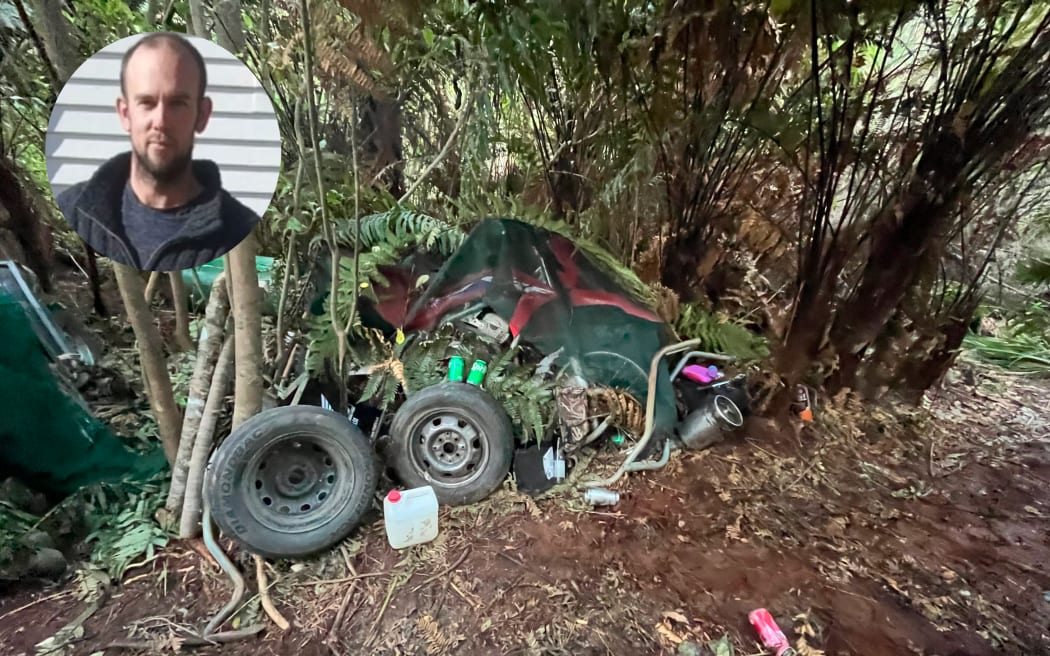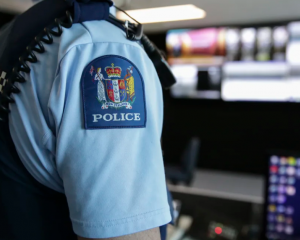
The government has announced an inquiry into the handling of the Tom Phillips case by government authorities.
Phillips died following a shootout with police, when they were called to reports of a burglary in the early hours of 8 September, after 1358 days in the bush with his children.
Phillips shot a police officer several times during the shootout.
On Thursday, Attorney-General Judith Collins announced a public inquiry would be held into the disappearance of the Phillips children.
"The inquiry will look into whether government agencies took all practicable steps to ensure the safety and welfare of the Phillips children," Collins says.
"The decision to establish a public inquiry reflects the significant public interest and concern for the children's welfare over the almost four years they were missing.

The terms of reference had been developed with the privacy and welfare of the children in mind. The inquiry would therefore be conducted in private and without public hearings.
Collins said the inquiry must also respect the independence of the courts and would not include findings on judicial decisions.
The Honourable Justice Simon Moore, KC, has been appointed as the sole member of the inquiry.
The inquiry would deliver a final report with recommendations by 21 July 2026.
An injunction preventing the media from publishing certain details related to the investigation into Phillips remains in place.
Family's primary campsites
Last month, police released several photos of what are believed to be the family's primary campsites. Police had discovered two large, established and "heavily concealed structures" in recent weeks in dense bush surrounding Marokopa.
Detective Superintendent Ross McKay said inquiries to date indicated the Phillips family moved regularly between these sites, the makeshift camps near Te Anga Rd and other locations around Marokopa.
"For the last few weeks, police have been piecing together information and building a picture of Phillips' movements.
"What is now clear is that Phillips moved regularly from coast to farm to bush in a complex manner that meant he was unlikely to be stumbled across."
Local search and rescue staff located the new sites - one to the north of Marokopa, the other to the east - which included partially buried, semi-permanent structures concealed by large amounts of vegetation.
"Approaching Phillips in such circumstances would have been extremely dangerous.
"As we've said previously, we knew he had firearms and was motivated to use them."
Investigators had removed a significant number of items from the camps, all of which would now be forensically examined.
"This is a protracted and labour-intensive exercise that forms part of our ongoing enquiries to identify anyone who may have assisted Phillips.
"We continue to make good progress and believe he was assisted by a small number of people at different stages over the last four years."
All campsites had been cleared and police would not be releasing their specific whereabouts.
McKay earlier said the vast area in which Phillips kept the children was difficult, steep terrain almost completely obscured from all angles by dense bush.
"At various times during the operation, police specialist units such as Special Tactics Group, Armed Offenders Squad, Search and Rescue and Tactical Operations Group, were used."
Police also had support from the New Zealand Defence Force.
"Police never stopped trying - thousands of hours were dedicated to the search," McKay said.
"Intelligence played an important role in informing decisions and planning for possible outcomes.
"We also knew, based on previous actions and behavioural science analysis, that Phillips was unlikely to surrender easily and was prepared to put the children in harm's way.
"The primary objective was locating and returning the children safely."













